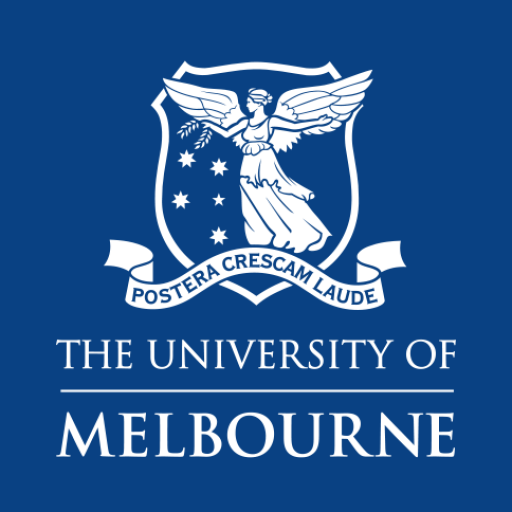Review of options for the agricultural sector to contribute to the net-zero carbon economy
This project synthesises the current state of knowledge on emission reductions and sink enhancements in the agricultural sector including the potential net greenhouse gas reduction and co-benefits, required trade-offs, and knowledge gaps of various options. The scope is the agricultural sector in its entirety, including the use of electricity, petrol, and manufacture of fertilisers for use in the sector. A wide range of options are reviewed, although there is a focus on options that have potential as business opportunities for farmers in Australia, including those that reduce operational costs, add value to existing products, or are associated with new commercial products.
Examples of topics to be researched include:
- Use of agricultural waste for energy production on farm (with a theoretical potential for CO2 sequestration)
- Costs and benefits of agroforestry
- Feasibility of low-emissions urea production using biogas (to support energy-exports from Australia)
- State of advanced biofuel industry in Australia
Comparisons and applicable lessons from the German agricultural sector are incorporated, particularly in relation to technologies that have been widely adopted there, but not in Australia (e.g. anaerobic digestion).





